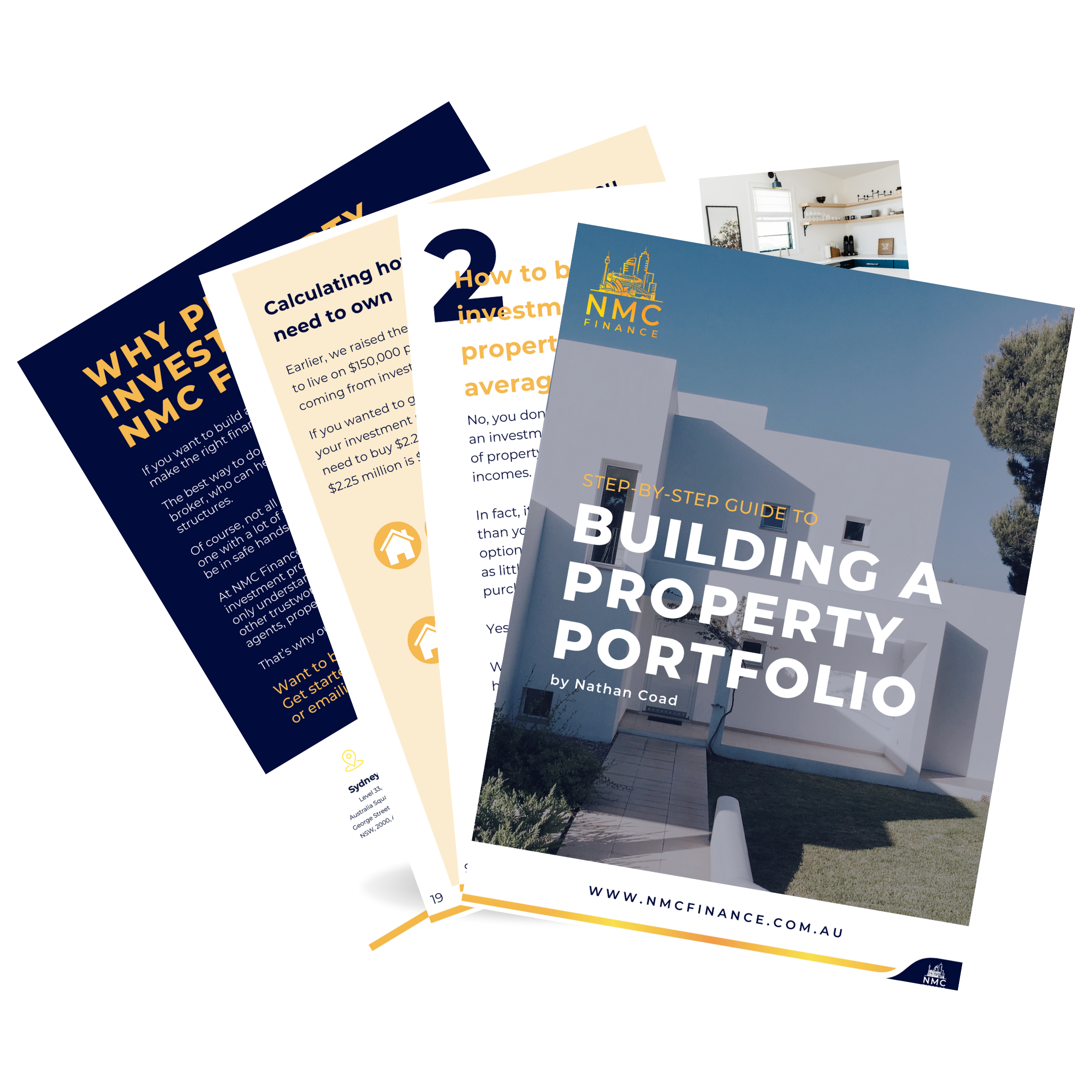The ABC recently reported a heartbreaking story about a Victorian couple who had spent a decade building up a property accommodation business, only to watch it all burn to the ground one night – and they weren’t insured.
Insurance is one of those products that can feel like a waste of money when you don’t need it but is worth its weight in gold when you do. Just ask the Victorian couple.
That’s why, whether you’re an owner-occupier or an investor, you should very seriously consider investing in home insurance. If you’re an owner-occupier, you should seriously consider getting contents insurance as well.
- Home insurance covers the cost of repairing or replacing your home if it gets damaged or destroyed.
- Contents insurance covers the cost of repairing or replacing the contents of your home if they are damaged, destroyed, lost or stolen.
Why you need to shop around for home and contents insurance
There are three main reasons why shopping around for insurance is vital.
First, the insurance market, like the home loan market, changes constantly. So, just because your policy was one of the best in the market when you got it doesn’t mean it still is today.
Second, 62% of Australian home insurance customers have experienced an increase in their premium in the past 12 months, according to research from Mozo. Meanwhile, home insurance premiums rose by an average of 5.9% in 2021, which was the highest in the last seven years, according to GlobalData. In that sort of environment, it’s vital you find a good deal.
Third, as your life circumstances change, so will the amount of insurance you require, which means you might need to switch to a more suitable insurance policy. Being overinsured is a waste of money, while being underinsured can have severe financial consequences if disaster strikes and you need to activate your insurance policy.
What to look for when shopping around for home and contents insurance
Here are five things to look for when comparing home and contents insurance policies
1. Price – this is a good place to start, but it’s definitely not where you should finish.
2. Excess – the amount you’d have to pay to activate your insurance policy. As a general rule, a cheaper premium will have a higher excess and vice versa.
3. Maximum claim limit – this is the most money you could get if, say, your home was destroyed, or a particular item in your home was stolen.
4. Exclusions – this refers to things that aren’t covered by the insurance policy (e.g. your home insurance might not cover storm damage) or things that become void under certain circumstances (e.g. your contents insurance might not apply if you leave your home unlocked and a burglar steals your possessions).
5. The insurer’s reputation – some insurance companies assess claims fairly and pay out promptly, while others look for reasons to reject insurance claims and/or take a long time to pay claims.
The moral of the story is that it’s vital to do your research and read the fine print before signing an insurance contract.
How to shop around for home and contents insurance
Just like with a home loan – or any product, for that matter – the cheapest insurance policy isn’t necessarily the best.
For example, a cheap insurance policy might not protect your home from natural disasters or might require you to pay a high excess when making a claim. In either of those cases, the cheap policy could turn out to be very expensive if you ever needed to activate it.
But that doesn’t mean a dearer insurance policy is necessarily better than a cheaper one.
When you compare home and contents insurance policies, you need to:
- Get clear on exactly what you’re looking for
- Read the fine print so you can understand what each policy offers and at what cost
That way, you can make an apples-for-apples comparison.
NMC Finance can help you get the right home and contents insurance for your property. Contact Nathan Coad on 0498 766 639 or nathan.coad@nmcfinance.com.au to find out more.
* This blog is intended for general informational purposes only. For personalised advice tailored to your unique financial situation, please contact NMC Finance.

